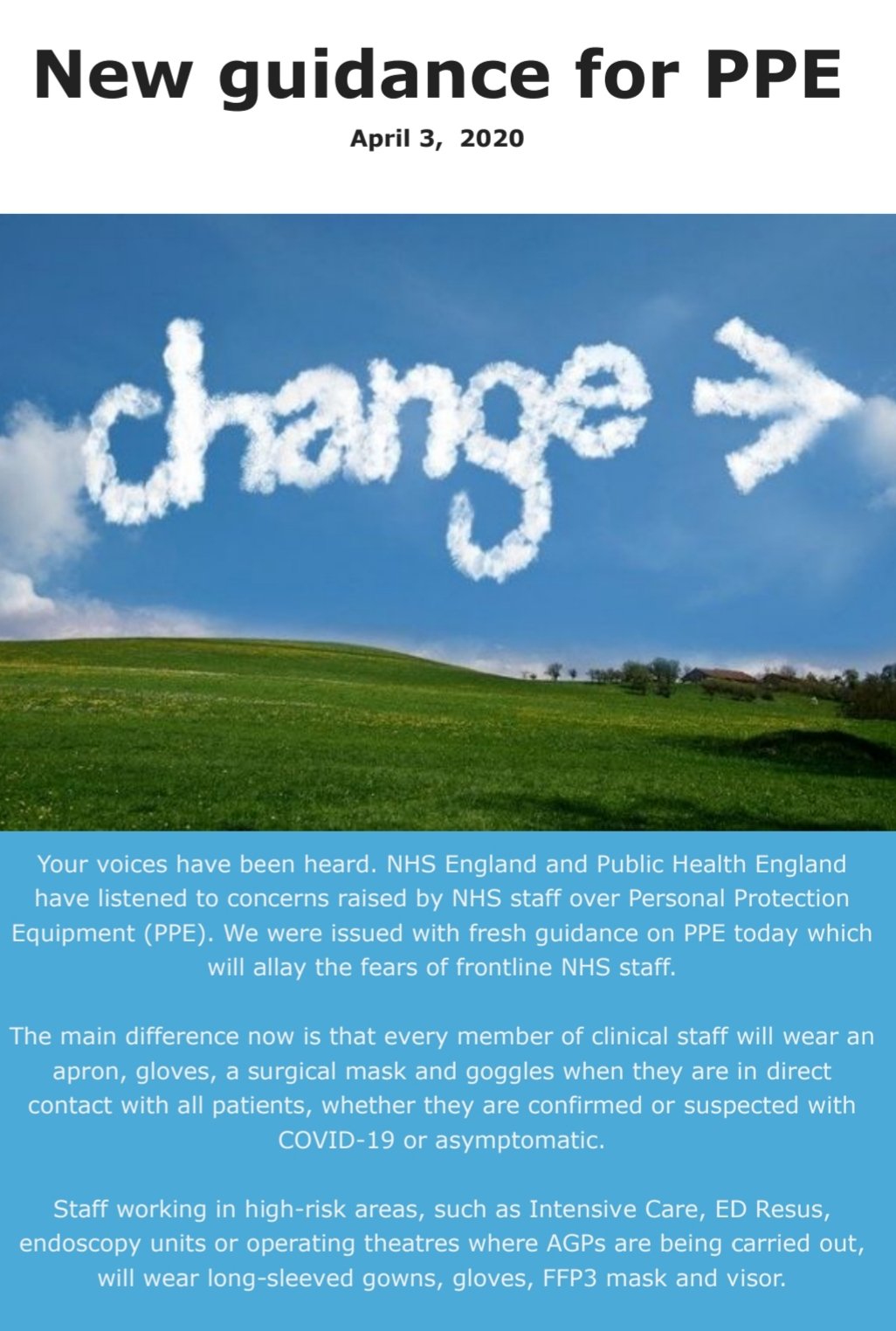It’s been a very busy two weeks.
My sister (a.k.a The Keen One a.k.a Kenny) shared my last blog post on her Instagram, and I’ve been blown away by the responses to it. So many people have reached out to show support and check in with me, and I’ve been so moved and overwhelmed by their kind words.

I don’t really share my blog with people I know in real life, as the majority of readers and followers of this blog are strangers from all over, so it’s always surreal to me when people message to tell me they’ve come across some posts. As always, I appreciate anyone for stopping by, and hello to you all!
Since my last update, my jobs have changed. I was informed by my TPD (Training Programme Director – we’re all assigned one as GP trainees) that my hospital job next year has been changed to a GP post. I was meant to be doing 4 months of Medicine for the Elderly from December to April next year, but because requirements for GP trainees mean we now have to do up to 24 months in primary care as part of GP training, that hospital job has now changed to a GP post.
So what does this mean for me? It means that after next week, I will have no more hospital jobs until I become a GP (by God’s grace!) – the only out of hours shifts as a hospital doctor I will be doing will be locum shifts if I want to, which means NO MORE NIGHT SHIFTS.
No more ward rounds, no more ward cover, and NO MORE NIGHT SHIFTS.
As you can imagine, this made my final set of nights last week fly by, because I just kept thinking, almost there…
So so grateful that the nights weren’t too stressful either – I’ve really not been enjoying being on my base ward over the last couple of weeks, so being in AMU last week was a breath of fresh air, and a reminder of how much I love my job when I get to clerk and spend time with patients, without feeling rushed to do ward jobs or being pressured to complete discharge letters. I really needed that reminder because it’s been tough.
After my final shift, the Consultant doing the post take ward as we were handing over said I’m the most cheerful post night shifts junior doctor she’s ever worked with, and that really made my day. I’m feeling more like myself at work again, so here’s hoping my final shifts on my base ward before rotating to GP in April go as smoothly.
I’ll leave you with some pictures from our GP Trainee Gala Dinner a couple of weeks ago – SO MUCH FUN!



